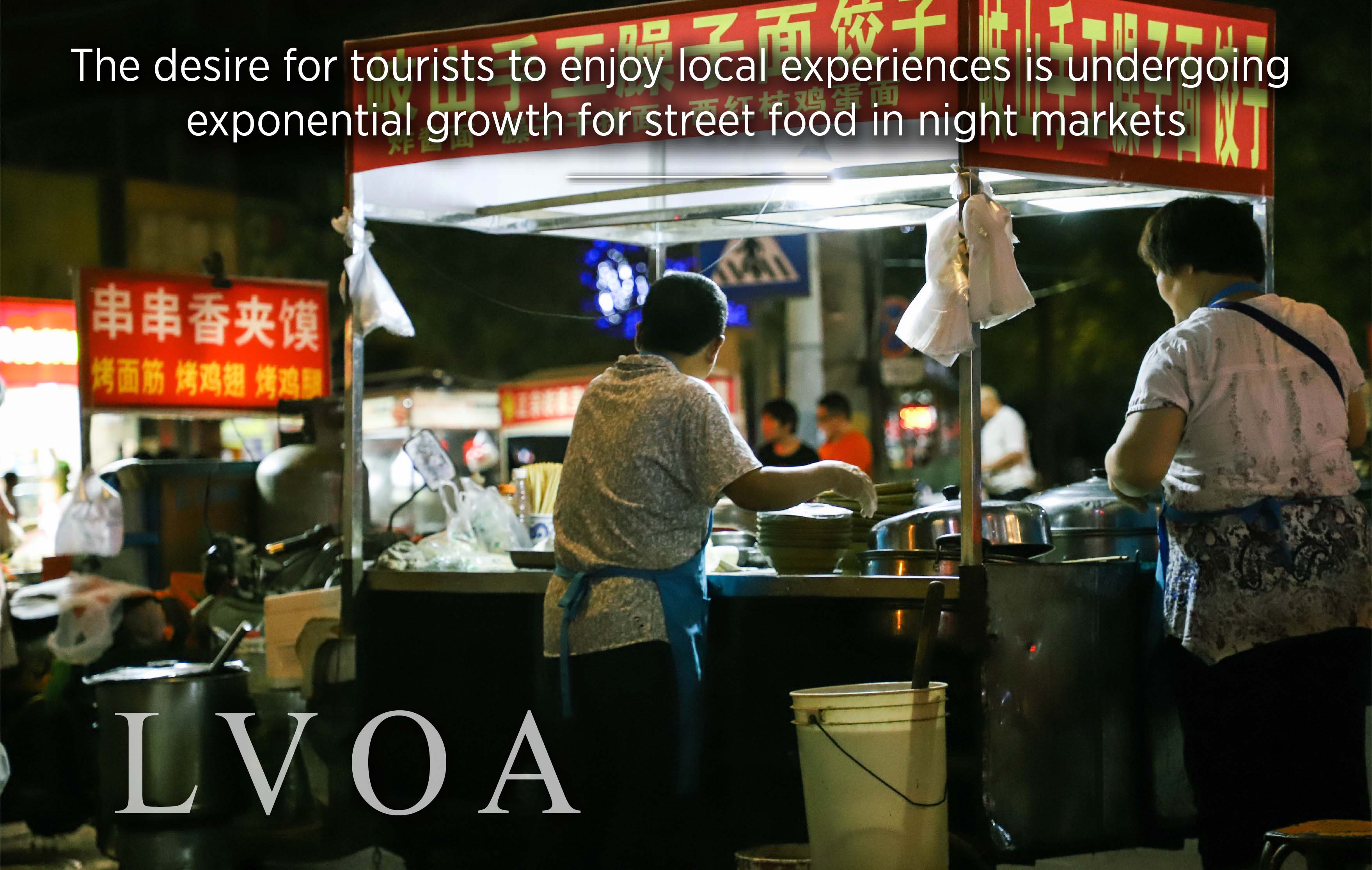One constant in the consumer-centric hospitality industry is the importance of the human touch and bespoke experiences.
Immersive local guest experiences
Embracing innovation in hospitality is crucial to attract an increasingly diverse range of guests. Relying on brand history and presence are no longer enough and brands need to further consolidate their identity to stay relevant in the future.
To be successful in the industry, hotels are designing exciting local as well as personalised experiences for their guests. The desire for tourists or travellers to enjoy local experiences is undergoing exponential growth. Many of today’s travellers do not simply want to experience a lifestyle similar to theirs but one that is totally different from their own.
Today there is a strong desire to experience the authentic way of life in the location they visit. Businesses in the hospitality industry are responding to this, in order to cater to these demands. Hotels and restaurants are providing local products, local environments and local ambiance that are all a true representation of the destination itself, offering more authentic guest experiences.
At the same time retaining a human touch throughout these interactions will be essential for luxury brands to nurture the personal relationships to build loyalty. Human relations continue to play an invaluable role in the delivery of memorable experiences and services, making human talent one of the greatest source of innovation.
With consumer interest shifting travelers want experiences over commodities and amenities. In their quest to attract travelers by offering unique guest experiences, hotels have turned into niche facilities. They now offer special services like relaxing getaways, digital detox destinations, well-being retreats, and adventure holidays.
Guests today are taking charge of their health and hotels are responding with well-equipped fitness centers, extensive changing facilities with water and heat experiences, indoor/outdoor lap pools and multi-cultural east meets west spas. Increasingly, travellers are expecting innovative wellness options in addition to healthy food options, growing trends include lighting that energises, air purification, yoga spaces, in-room exercise equipment and even vitamin-infused shower water.
The importance of social experiences to Millennials and Generation Z travellers has given rise to a new breed of urban boutique hotels offering social spaces and activities that enable and encourage interaction, sometimes at the expense of individual room size, as evidenced by the success of micro-hotels.
With the diverse identity of clients, the hospitality industry needs to build seamless transitions between offline and online experiences while retaining the high levels of service that luxury guests expect.
With increased social networking among consumers and the influence of social sites, hotels are embracing social media through direct bookings in order to attract guests by publishing relevant content and distinguishing themselves from their competitors.
They also need to have dedicated teams to monitor social comments on a daily basis and ensure prompt responses to customer issues and feedback. Hospitality brands are defining their online personality for improved brand engagement.
The hospitality industry can expect to see more luxury brands branching into hotels and other hospitality ventures to provide customers with uniquely immersive experiences.
Emerging technologies
New technology is enabling greater customisation, convenience and control transforming the way customers interact in the hospitality business before and after their stay.
Applications to enhance guest experiences are still in their early stages, with the potential to change the industry in ways that are yet to be imagined. Smartphones make it easy to access anything guests want or need and websites are enabling mobile friendly platforms.
Chatbots, robots and artificial intelligence, Internet of Things and virtual reality are increasingly providing users with on-demand information and personalised recommendations. Facial recognition technology is opening doors to timesaving services, while smart hotels allow guests to customise their experiences.
Many hotel guests do not want the hassles of carrying around several forms of identification, so some innovative hotels have responded by implementing a biometric fingerprint ID system which can be used for everything that requires identification and customisation.
These days, guests no longer perceive hotel rooms as just a place to lay their heads for the night, they expect a more special, sense of place, luxury experience. Many hotels are looking towards the Internet of Things (IoT) to help create an unforgettable ‘smart room’ experience.
In order to respond to the rising popularity of personalisation, hotels need to implement more advanced reservation systems that empower guests to personalise their stay to their preferences.
Loyalty programmes based on blockchain and cryptocurrency are opening interesting new opportunities for brands to further engage with customers. Hotels are gearing up to be more guest-friendly to better engage with customers.
Most places offer points to use on future stays and incentivised loyalty programmes for members when they book a stay or provide feedback on their recent visits. Anything that changes the game to spark their interest while providing useful information on the current mindset of the consumer will benefit.

Sustainability is key
Transparency and accountability are rapidly becoming more important as travelers want to know the impact of their footprints not only environmentally, but socially as well. The focus on reducing carbon emissions and going green is critical.
Millennials and Generation Z travellers in particular expect global hospitality businesses to take a more comprehensive approach to corporate social responsibility through smart buildings.
Sustainable and socially responsible strategies now range from green campaigns, carbon emission compliance, reduction of single-use plastics, recycled and regenerated materials, and saving water.
Guests are increasingly eager to do their part for sustainability, embracing campaigns to reuse bathroom towels and request less frequent bed linen changes.
Clients’ needs are always changing and will need updates and overhauls. This process can be an expensive one, but when guests see their needs are being met, it will result in more repeat stays and referrals that will gain businesses additional future business.
Minimalist and natural designs are paving the way for the future with clean lines and earth toned pallets complementing bedding and furniture. Hotels are ditching wallpaper for painted walls instead, and floral arrangements and potted plants create a sense of home for visitors and make them more comfortable during their stay.
F&B revolution
The pursuit of pleasure is a key motivator for customers seeking new culinary experiences to delight their senses and satiate their palates.
Interest in locally sourced, organic seasonal food and vegetable-centric cuisine continues to grow among eco-friendly and health-conscious consumers, resulting in the development of farm-to-table and even seed-to-table culinary concepts.
Millennials are shifting towards blurring the boundaries between formal and casual, and embracing high-quality cuisine at an accessible price point. Street food and open-fire cooking are enticing diners to a wider range of flavours, traditions and experiences.
Lastly for now, the relevance of the Instagram moment where visual delights are just as important as taste is constantly increasing its level of importance in this industry.
If you like what you just read click follow Larry Van Ooyen Associates Ltd and stay tuned for more articles from our Associates..







